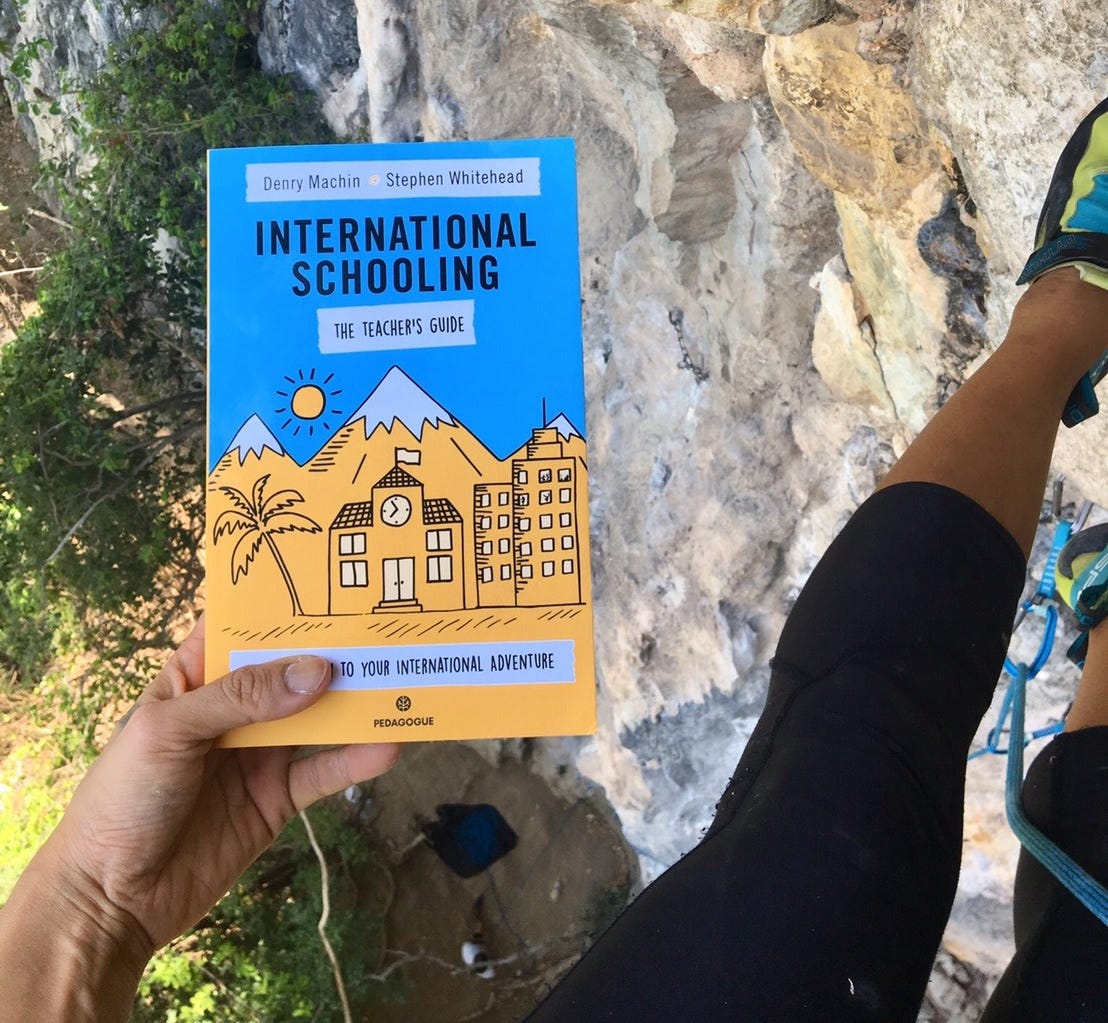How working internationally changed my thinking
Growth in Tension
When I first arrived in South East Asia there were so many things that, perceived through my Western lens, I found difficult to understand.
Why did no one queue in 7/11?
Why did no one seem to get angry at bad driving?
Why was it that the more frustrated I got when complaining, the more I was ignored or brushed off?
The list goes on….
Things just didn’t work the same as they did at home, and in the early days of living in Asia there were times I felt quite frustrated.
I vividly remember not understanding why students would wear a mask to school for the most minor infection (this was 5 years ago). I remember early on into my time living here being given a mask by the doctor when I was diagnosed with the flu, and thinking to myself that it was a completely ridiculous idea.
My long-held beliefs about how the world worked didn’t align with what I was experiencing. The framework I had constructed from previous experiences didn’t seem to serve me any more.
However, the longer I live in Asia the better I understand why things work the way they do here (mostly!) The more I realise my attachment to a ‘good queuing system’ is tied to (my) British culture. It isn’t necessarily a rude thing here to push in front of people or not queue.
The system is different and therefore my interpretation of people’s actions needs to be different.
These small things that used to bother me now tend not to even register.
The longer I live abroad, the more I notice a ‘loosening’ of my once very westernised values.
I wouldn’t say that I have fully assimilated into Asian culture – I am a white, British female, and I absolutely receive privileges related to that which mean that I experience the world differently, and can’t always fully understand the nuances of a culture that is not my own. But there has been a noticeable shift in my thinking.
I notice these subtle changes the most when I return home to the UK on short trips.
There are so many things I love about being home.
I love the Essex accent, the seasons, the pubs (oh I miss the pubs!) I miss the endless flow of ‘shall I put the kettle on?’ I miss the interactions with the cashiers at the supermarkets and local shops… ‘you alright love… how’s your Nan? Give her my love’.
Undeniably I miss home.
What I have realised though, is that I’m not the same person that I was when I left.
I cringe a little bit when people are rude or difficult to staff in shops (however justified they may feel). I am less bothered by queuing as I used to be (my Mum has even been embarrassed by my new queuing etiquette (or lack of) when boarding the train… Mum I don’t know what you’re waiting for, just join the queue where you are!
These are lighthearted examples, but I definitely feel that the longer I’ve been away from home, the more difficult I find it to connect with people there in the same way that I used to. I’m not as ‘Western’ in some of my thinking as I was, and I sometimes struggle to feel that I fit in like I did.
This is a good thing.
I appreciate the opportunity I have been given to see and understand things through multiple cultural lenses, and to be able to both appreciate and critique how things work in different parts of the world.
This has undoubtedly enabled me to appreciate and reflect upon the values that are truly important to me as a person, and not just the ones that I have adopted simply because of where and how I have grown up.
I don’t believe that I will be the only person working in international education who feels like this. And my advice to others would be that we can and should use these feelings to help us understand the experiences our students are facing, who equally will encounter challenges to their thinking as a result of their transnational lifestyles.
There is much growth that can take place in this tension. Particularly during such difficult and polarising times, when it can feel that people have forgotten how to consider and appreciate different viewpoints, the ability to be more flexible and considered in our thinking can only be a good thing.
Things may not look the same anymore, they may in fact look better.
Dr Sadie Hollins
Dr Sadie Hollins currently works as a Head of Sixth Form at an International School in Chiang Mai, Thailand. Prior to working in international education she worked as a HE lecturer and researcher focusing sociological issues in sport.
After a decision to take a different life path, she moved to Chiang Mai, where she has been based for the past four years. During this time she has had the opportunity to work in a residential rehab facility, and as a school counselor. She is passionate about the concept of change and creating inclusive and aware schools for students, staff and parents.
INTERESTED IN INTERNATIONAL EDUCATION?
The Teacher’s Guide is getting around!
Seen here up a cliff face in Thailand. When we said ‘a companion to your international adventure’ we didn’t quite mean literally!
Grab a copy to take on your own adventure.




